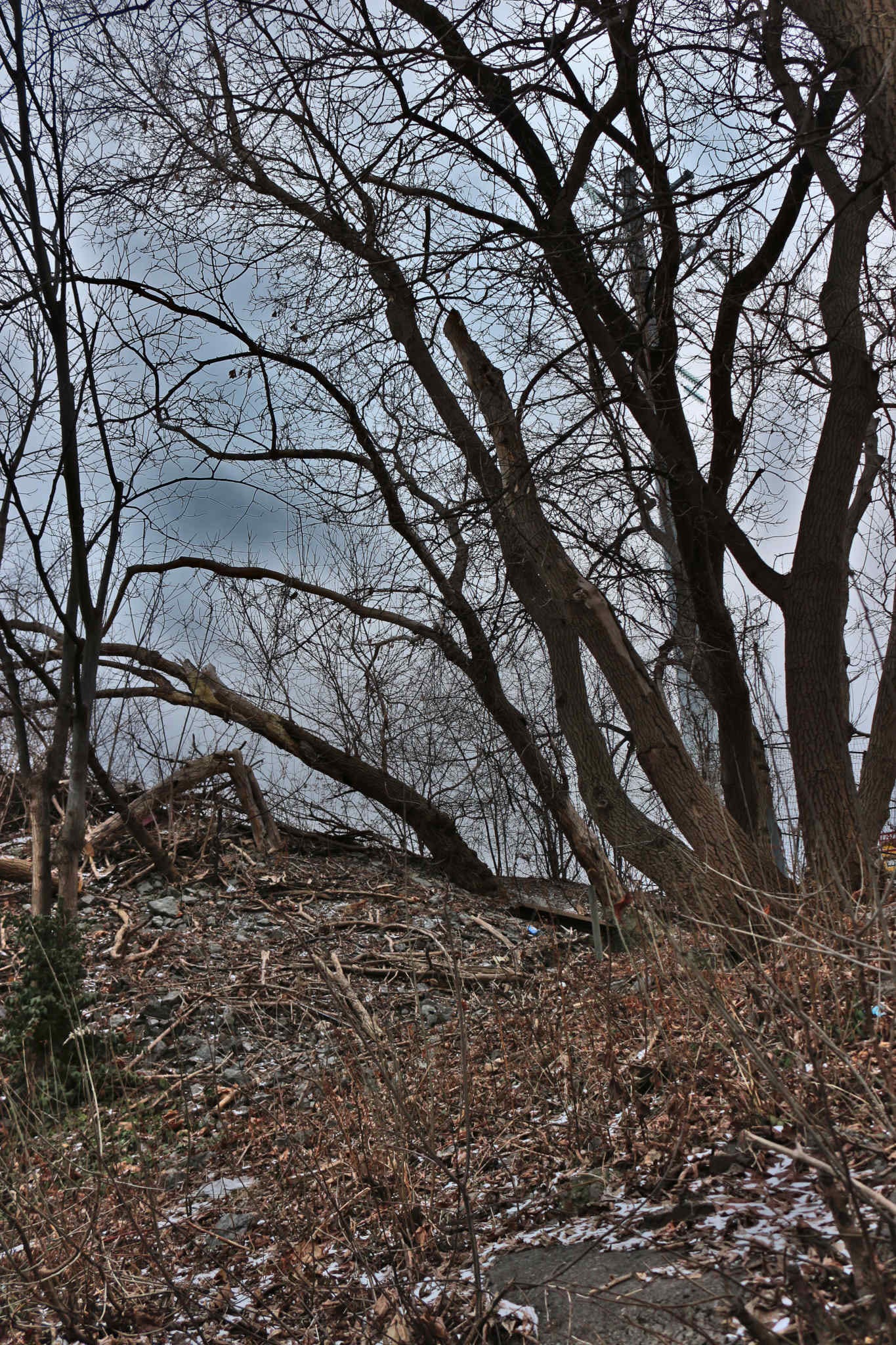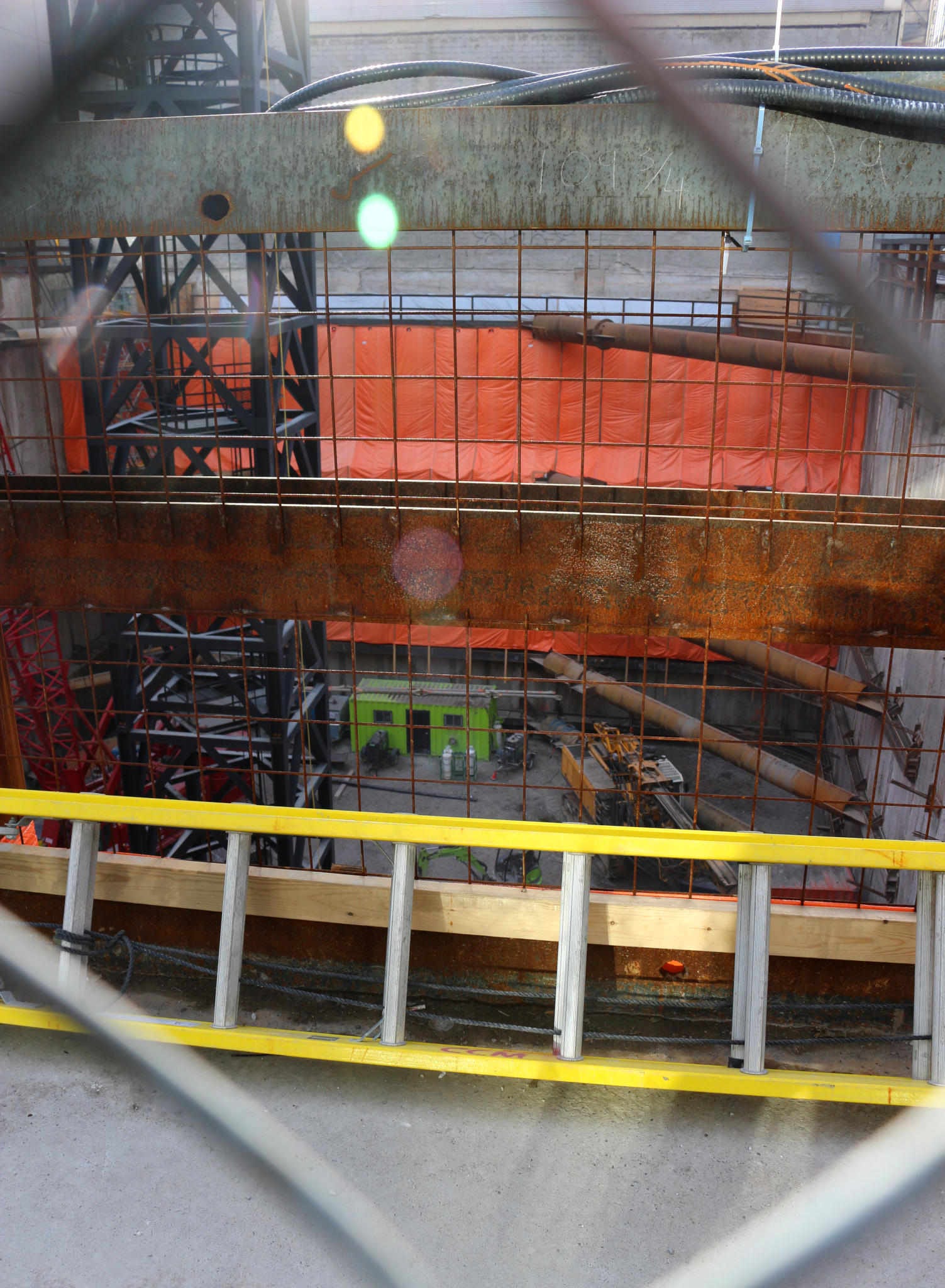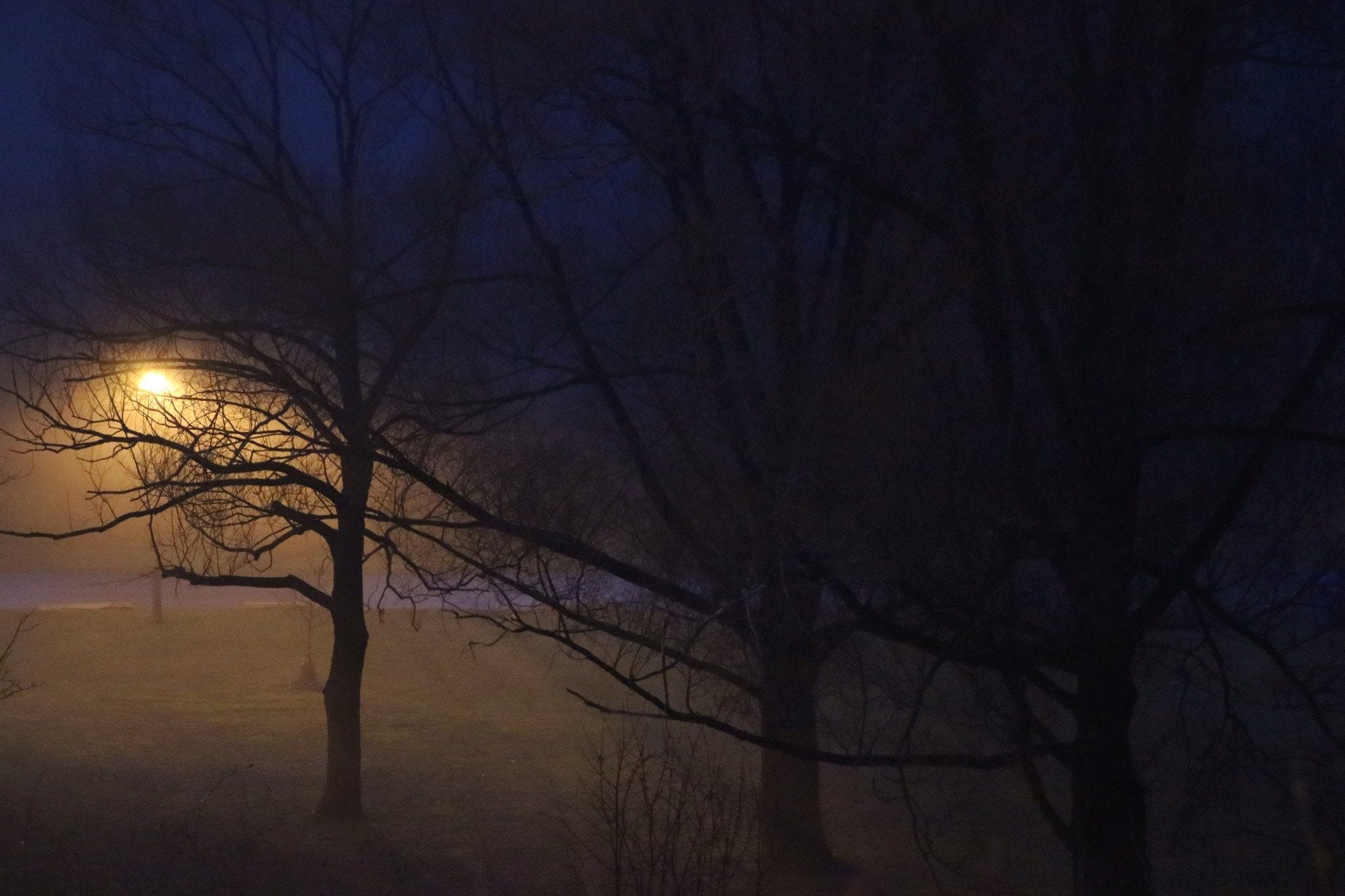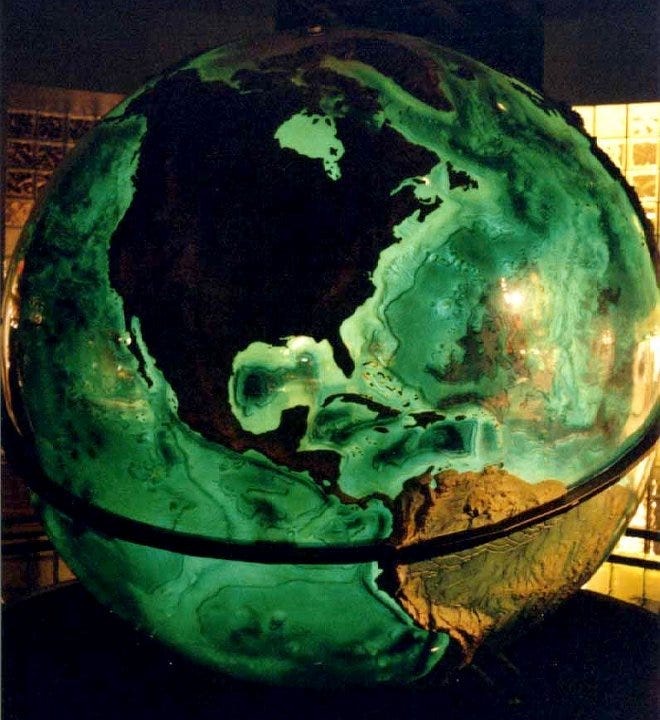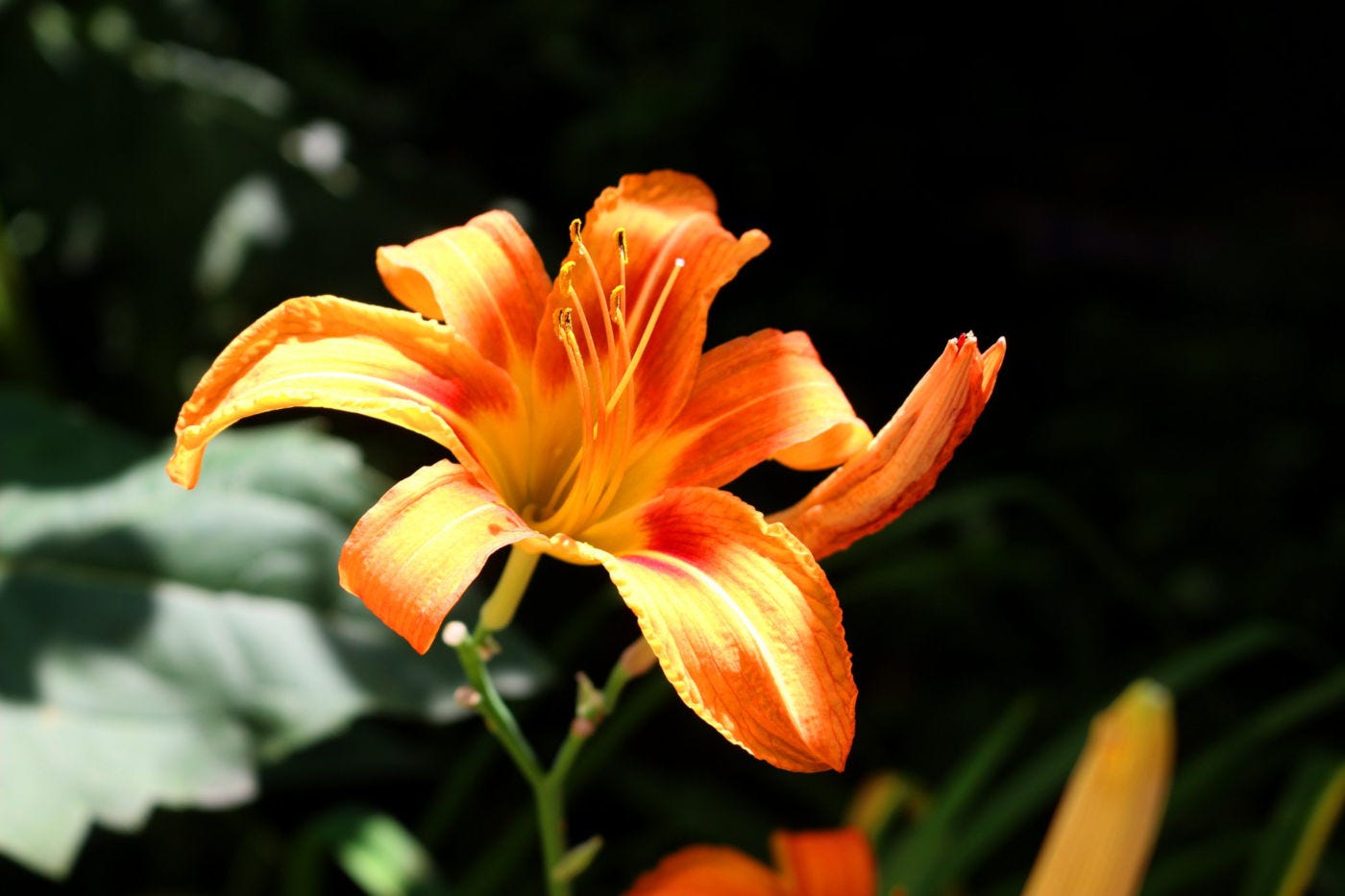Funk and Function
As a wise friend always insisted "Being determines consciousness" not the other way around.
For a few decades now, many in the west have asserted that our feelings are of incredible importance. As an especially weird example, we have tried to teach self-esteem in the abstract, without also imparting competence and confidence – or delivering the natural (because true) sense of usefulness which usually came from those reliable and tested strengths.
More recently we have made great efforts to teach children to be “natural learners” and social rebels, instead of recognizing that finding the structural contradictions ourselves and then rebelling AGAINST school, is how the ‘think for yourself and act accordingly’ muscle was built by every previous (and certainly every truly revolutionary) generation. Compliance CAN’T teach that.
And we have most recently begun to assert that even as “adults” we have a right to be protected from things which upset us – though it only takes a minute to realize that there is someone alive who can find a reason to be offended by any point of self-expression any other human could ever make (even among comparative infinities, this one is truly boggling).
If any of this had resulted in a clear and steady increase in happiness, fairness, creativity, good parenting, high educational or even great moral accomplishment, I would be incredibly delighted about that, and I would be working hard to understand why and how.
However, we are not just a little but a lot more unhappy than we used to be, our educational standards are in the toilet, and children’s mental health is so messed-up at this point, a sane and compassionate society (of the sort we all keep loudly pretending we are) would regard it as an outright emergency.
I grew up in the sixties and seventies, so I definitely still remember when we were way too far in the other direction – when men were discouraged even from expressing positive emotions like affection and warmth – and women were discouraged from seeking fairness and a real balance of emotional work in their relationships.
Men can hug now – and express love and respect far more openly. This has had an absolutely revolutionary positive impact on them – and all of the people around them too. For decades now, women and men have been seeking and finding all kinds of new ways to balance their aspirations, without our old stoicism of suppressed pain and lifelong denial.
But somewhere around the mid nineties, we stopped growing outward toward one another – and toward love trust and growth itself. Our alienation (already a problem for our whole society for many decades) and our newly discussable interior pain, combined to put many of us into a permanent state of emotional deficit. Definitional malaise.
My hurt is important, my anger is important, my depression and despair – feelings of loneliness and inadequacy – and so on. All of which may be absolutely true subjectively, but only with that really important qualifier.
Because the thing about our feelings is that they happen inside ourselves only – and the thing about the world is that it is not only outside of us, but also always beyond our ownership or control – and that is how it MUST be – because it just so happens to be shared by everyone else on this whole crazy/beautiful planet.
Maybe it’s the feisty old revolutionary in me, or maybe it’s the hurt kid, but though I have found myself there many times, I have never been able to sit in a “blue funk” of depression like that, without considering it to be an error-state, and asking myself what clues I am still missing to prove that, so I can keep pushing where that push might have some positive effect. Even when my depression feels firmly proven by both my best facts and truest feelings, I outright reject the idea that armageddon/hopelessness is a place where I can stop, get comfortable and live.
Wow though – the last few decades have really not been easy for this one.
I don’t think I have to tell any of my friends that the weather used to be more friendly to us, when we didn’t insult the atmosphere quite so much. The economy also used to be nicer to almost all of us, so much so that many of my older friends still really do not appreciate how consistently young people are now asked to make sacrifices which once reliably won long term dignity and security, without any dignity security or even certain minute advance on offer. The whole freakin’ world runs ‘on spec’ now. Work first, then we’ll decide whether to pay.
In some areas, some social programs have nudged forward just a bit – but there are also examples of genuine horror along this theoretically “Progressive” line. My enlightened Canadian government now offers “medically assisted dying” (state sponsored suicide) as a solution to homeless veterans, the mentally ill and the poor – all while portraying itself as compassionate, instead of shockingly casually murderous. Yes, killing the poor is cheaper than addressing poverty – no, that does not represent progress, enlightenment or even ‘economy’.
A part of me wants to say we should have long ago instituted primary income support programs to help many millions more – but that thinking actually takes us toward a state of normalized poverty and dependence, and means accepting an incalculable loss of human spirit for the very same class of workers who built every good thing we enjoy. Turning those who earned a right to dignity into permanent wards of the state. To be clear, I think much more should be done to address immediate poverty right now. But the long-term outcomes are crucial also.
What we really need (here) is for the rich to be effectively restrained by the rule of law – a key function of all good government which we don’t even bother to ask for anymore, because we fight all our political battles about feelings now – rather than feedings.
Now the last puzzle piece – which explains why I have not ever been able to let this one go.
I am of course as subject to delusion as anyone, but because my early life made me accustomed to pain and patience both, I seem to be a bit better than average at facing things which hurt me to know and accept.
In the last century, I saw the path of humanity as dangerous and risky, but it was just barely possible for me to imagine we (humans) would snap out of it in a whole new way, and create the basis for the sort of new compassion which would make our necessary sacrifice feel like righteous solidarity, instead of horrible top-down oppression. (The difference between fellowship and yellow-vests).
I still figured we were probably lemmings heading gleefully for the cliff, but I had several ‘strong maybe’ ideas in my head, which felt like distinct hope.
That hope has been destroyed for twenty years straight now. When the US decided it would put its maximum national effort into invading and destroying Iraq, instead of transforming and reviving its own economy (productively and ecologically), I was no longer able to sustain those ‘strong maybe’ ideas – they just looked like the sweet or sometimes even heroic motivational fantasies of the utterly and horribly doomed.
On a personal level, I also went from being a skilled working class professional (repairman) to being a professional bowl of fruit (art model) and arranger of words (writer). Which was a big loss of income and dignity both, and set me back to that teenage state of wide open wondering.
The weirdest thing is – my own small collapse (shared and repeated many millions of times across our economy, to be sure) lead me to new and useful discovery. The simplest way to put it is that I hit bottom and then began once again to push actively upward, because of what I found down there. Gratitude.
When you’re comfortable and something goes wrong, you feel fear and anger. But when you are uncomfortable anyhow and something goes right, it is almost impossible not to notice that this arbitrary good that lifted you, however slightly, was someone’s choice.
Another part of it was about engagement. Even being a model, for which the starting qualification is simply being a human with a body, there were all kinds of ways in which the particular strengths I had built in life could be brought into my work, and add benefit to the students, teachers – and to me as well. And I don’t just mean my club-kid vintage closet and deep love of history.
I rediscovered my old Kundalini pain control exercises, so that I could “Extend” a pose far longer than many are able. I was also set back into voracious student mind again, as I soaked up all of the lessons around me – both those taught being deliberately, and those being discovered by individual students and teachers as they worked through their challenges.
Similarly – my feelings about my home town were becoming mostly tragic. Every time a great old music club, fine bookstore or classic greasy spoon was lost, I felt that loss heavily and added it to the sad running total of erosion of our store of local enchantment (as if this was itself a fixed sum).
But then I had the incredible fortune of making a new and amazing friend who was not interested in inertia, but in action! We have walked the city together with our cameras our curiosity and our love of interesting people for almost a decade now, and even though I have lived in Toronto almost forty years longer than she has, she has taught me my city all over again, by proving to me that new hope keeps springing up, and new inspiring tryers keep trying – despite all of the reasons any one of us can find to feel it isn’t worth it.
However, despite all of those lovely and unexpected personal discoveries, I know I am not alone in finding the question of our survival as a species the single most depressing and unavoidable thing we can wonder about nowadays. Even for people who combine high levels of rationality resilience and compassion, this can end up feeling like objective grounds for never-ending despair.
One thing that might help, would be if we each, as individuals, experienced an explosion of compassion for people we’ve never met, and were thus able to restrain our appetites for disposable consumption, on behalf of people we were newly capable of truly feeling are our family.
As I said, my childhood trained me for weird capability when it comes to patience and pain both, and a big part of how I overcame those early traps of all-consuming negative feeling really was growing my love outward. But I was young and vital and relentless and in love with an amazing woman – (who, to my incalculable fortune, still loves me to this very day) – all of which greatly boosted my chances for clearing that heart-growth hurdle.
My friend Nada gave me my very favourite way to explain this idea. She said, “If I had to become a vegetarian, I would just think about the beautiful cow we had when I was a little girl – she was so nice!”
If someone in Peoria or Osaka could reliably do that simple empathy trick with people in East Africa, we would really be on to something. Contagious good ideas really can have socially transformative effects. But it isn’t just the idea-seed. The soil has to be ready to sustain that growth through seasons fair and foul – and on that front, we’re not in such great shape for outward growth.
One big part of the rise of personal feelings over world-in-common, is that as a society we are still trying to work out what families are and what personal freedom means. Electric light bulbs made working class education possible (the modern left would not even exist, without them).
Birth control took a key aspect of the arc of any human life, which used to be almost entirely outside of our control, and made it somewhat subject to our will (and no less subject to our even more chaotic feelings). Which means a whole bunch of things became viable options, which never used to be choices at all – which is why we are still trying to work out just what really are our new good and bad choices, and why exactly should we feel that way about them?
In the meantime, while we are asking all of these new questions, a truly heartbreaking number of people have experienced abuse and neglect.
My childhood commune was formed to be positive and aspirational, and degenerated into an environment where the few who escaped abuse almost feel ‘survivor’s guilt’ because of their rare fortune. But as soon as I broke free of the commune, my apartment (as a sixteen year old) quickly turned into a drop-in and refuge for teenage runaways from all over town.
This taught me, in quite excruciating detail, that the abuse my friends and I felt was not confined to crazy communes, but applied just as well to kids from upright religious families, kids with artistic and creative parents, and many kids whose folks just plain ‘weren’t into them’. (I still struggle to think of anything more fundamentally cruel and unfair than not dancing with the one you brought).
So no, I am not one of those people who says the pain is about nothing, or that we should just “Get over it” – as if it takes no more effort than an alternate purchase decision. The weight of pain is real, and the extent to which so many are trapped, makes a rapid expansion of our compassion unlikely in the extreme. Our soil is too tired, and our seeds are too old.
So are humans just a kind of cancer then? Are we a plague upon the world, which will not cease in destroying, until we have consumed ourselves entirely?
Man oh man, this feeling is incredibly easy to get into – and no less difficult to escape, once you get your head stuck inside it.
But wait a second though, whose interests are served when we feel that?
Does despair inspire greater compassion? No, but it definitely interferes with the slow and gentle formation of our greatest gratitudes and most fundamental life-pleasures.
Are the rich making great personal sacrifices for the sake of the environment? Really really not. Actually, at this point they see a future where they can make more and more money with less and less workers. Profit windfall! All they really need now is a philosophy which makes workers consider themselves utterly despicable and worthy of extinction!
Better still, when workers are so demoralized and so captivated by depression that they have difficulty maintaining love friendship and gratitude (the only sure ways out, that I know of) they haven’t got the resources of emotional strength needed to fight for others far away anymore. In fear, they react only to the felt priorities in front of them, and can thus be easily and reliably manipulated to serve the interests of the powerful, by demanding the hopeful (profitable), in the (false) name of something which is emotionally resonant.
We pretend our way out of this, but the conquest of Africa was outright demanded by the general public out of their abhorrence of the slavery which their culture had only just barely given up themselves. Repeatedly, political leaders in European democracies faced huge pubic outcry, and were compelled to commit the state to action, just to make themselves electable.
Smiting those foreign devils/evildoers has always been extremely popular. One might almost think of this (and not sports, as so many bourgeois leftists smirkingly suggest) as what Nationalism does with that proudly vicious old witch-burning and heretic-hanging impulse. Another thing we pretend away, is that the day of an auto da fe (public person-burning) was always a huge high-spirited celebration for the entire community. Celebration of punishing cruelty is a bug that seems to go with civilization as far back as we have records (cuneiform).
Of course the rich and powerful quickly pounced on the opportunity for profit presented by colonialism, but they needed those popular “moral” demands for cover, and without the general public being so sure they were investing national treasure blood and effort on being moral, none of that staggering exploitation and slaughter could ever have got started.
So – when we allow our feelings to say that humans (or any subset thereof that you might want to select) are just a bad idea altogether – we MUST as responsible adult people ask ourselves – okay, but – what use could a rich psychopath make of that feeling? Especially when millions of us are feeling it, all together at the same time?
I wish I could say just watch the news and start adding two plus two. But we don’t do news anymore, we are presented with official newspeak press releases, which are accepted without any serious or probing skepticism (usually by reporters who haven’t a clue about the greater context of the story anyhow – like a gym teacher trying to teach math with macho bullying).
If we did news, you would understand why so many people really like Modi, or how so many voted for Trump and then voted for him again – hint: it really is not because the working class are all Nazis, but the working class really are sick of being screwed-over by smug corrupt bourgeois urbanites with a cosmopolitain (contemptuously patronizing) line of bullshit.
If we did the news, then you would have already been deeply concerned about war in East Africa, long before you got worried about Europe, and you would probably be a part of an organization putting pressure on every cellphone manufacturer in the world to invest their BILLIONS IN READY UNUSED CASH (no kidding, biggest pile of liquid lucre in history) to develop a safe mining industry in the Eastern Congo, from which would inevitably flow many other key (and long overdue) developmental benefits.
You would be protesting the latest US deal to make sure Africa does not develop independent battery manufacturing capability (and inevitably, myriad downstream industries with the capital and expertise generated), despite having the key required resources and millions of willing workers, because you would remember that our corporations have been standing in the way of economic progress in Africa for more than half a century now (you MUST watch “Black Power” from Adam Curtis’ brilliant series “Pandora’s Box” – about the first nation to escape the colonial grip (Ghana) the upper Volta dam and Richard freakin’ Nixon).
Funny thing though. What brings population growth-rates down? Development.
So here we are on the one hand feeling as if our numbers are a plague upon the earth, but not doing a thing to help bring those numbers down in the only humane way it has ever been done (and the way we did it ourselves, and would not renounce for anything – all of our sweet romantic nature based delusions notwithstanding).
Yeah – there’s the clue. We keep accepting the idea that the way all of these (and us) people are structured, tasked, organized – all of it, is inevitable. Just the way of the world.
What makes us depressed, what makes us doubt our worth, or even our right to be here, is that we have become so beaten down and emotional we forget to look up – so we have forgotten we are still on a leash and aren’t meant to have a nasty mass murderous master – or any master at all. (The new state-pilfering aristocracy as Charlie Brown offstage trombones?)
So then – is capitalism the game plan for an all-invited suicide pact? It definitely feels that way sometimes, and I can make a better argument for that case than most.
BUT – why on earth do we think we’d even know that?
We don’t do capitalism. Haven’t for generations. We steal materials from the poor of the world, and then sit alone, isolated, seeking amusement by gadgets instead of deep connection.
Corruption is a different thing from capitalism. Monopolism (especially state monopolism, a command economy of the sort the US is now even more clearly, through its vast military budget, than the USSR ever was through central planning) is almost the exact opposite of the conditions in which markets can (arguably, and for some purposes) really work.
I am really really not saying I am sold on capitalism, only that we haven’t tried it, so maybe we ought to think hard about what we actually are doing which sucks so bad and change THAT.
As I’ve mentioned a few times, the political revolution of the eighties which most associate with Reagan and Thatcher, made speculative investors the best rewarded human beings in the world. They shifted the balance away from old industrialism, where at least a business only made money if it produced something people wanted. Now, the only thing money had to do was make more money – as for decent jobs, the tax base, community – all of those old attendant goods were thrown overboard. And sure enough, before too long it became clear that their best profits were made by gambling. No building, no reliable advance for the community – just pure downside. Take a local firm a century old, load it up with debt, and bet it all on red.
Our collected money, our jobs, our communities, our risk – their profit (and if they lose catastrophically – they just hand over that bill to the taxpayers too, without even sacrificing the performance bonuses they ‘earned’ for screwing over millions of hard working honest citizens). Honestly, does this sound inevitable? “In the beginning was the casino?”
It is not impossible to have a system in which our governments restrain and pursue corruption. It is not impossible to have a system in which people who produce genuine value for others are rewarded, and those who do harm to many, are roundly punished for widely understood and agreed reasons.
But we aren’t likely to find the energy for that work, the heart, the compassion, or even the love for our dear sweet childhood cow, as long as we consider ourselves a blight upon the earth.
That whole line of thinking isn’t just disempowering, it’s disembowelling (makes us gutless).
But this ain’t ridicule. It isn’t that our depression isn’t valid and real.
All I’m saying is that it is a very serious obstacle to the gratitude we can all harvest from having a grand piece of work before us, participating in the broader world beyond our subjective emotional reality, and earning every last sliver of hope we treasure and share with the other beautiful humans around us.
Yeah, you heard me, I said it. Bad as we are, we are still beautiful.
As understandable as it is, we hurt out loved one’s hopes, every time we get so submerged in our grief, fear and anger, that we forget they are also and in every way the real world.
For which the only sensible response there has ever been is enduring and energizing gratitude.
¯\_(ツ)_/¯
Here’s that amazing Adam Curtis documentary I was talking about “Black Power” (explains so much about how the post colonial era went wonky)
And one important note about the many fascinating Adam Curtis docs – they were made for the ad-free BBC, so there are always versions close to an hour long. Never settle for a forty-five minute cut-down version if you can find the longer one (they literally edited out Daniel Ellsberg doing a brilliant ironic reading of TS Elliot to explain the hubris which lead to the Vietnam war – criminal!)
Think I’m exaggerating about African development? Here’s just one brand new and fresh example of our old and despicable ways of doing business. Why plan for the future when the rug is forever pulled?
For those who are up for a long, surprising and highly educational read, “The Scramble For Africa” by Thomas Pakenham is where I got my ideas about popular sentiment working in tandem with evil. Strongly recommended (yes, only the Euro side of the story – but this is the story from which we might (just possibly) learn something about our own collective recklessness and complicity).
And for some broader context about how recently our ‘advanced soceities’ were effectively insane (brutal beyond our easy imagining) “The Fatal Shore” by Robert Hughes (about the founding of Australia) is quite incredible – a literary achievement, as much as an historical one (delicious from start to finish).
And this is yet another sad and timely reminder about how completely self-obsessed we western Eloi really have become. The global south is not with us – because they remember what we really are!
(Think maybe it’s time to scrape the happy-face off our mirrors and look for real?)

